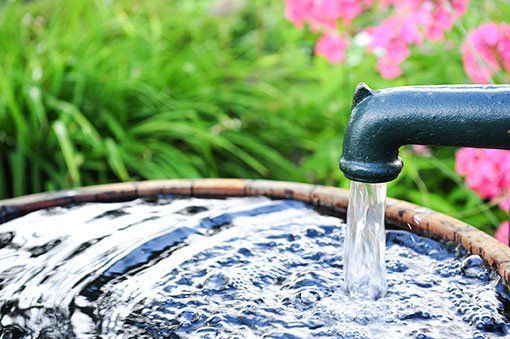Access to clean well water is essential for maintaining a healthy lifestyle and ensuring the well-being of your family. For many households in rural and suburban areas, private wells serve as the primary source of water, offering a convenient and often cost-effective alternative to municipal water systems. However, the responsibility of well water quality falls on homeowners, making it crucial to understand the importance of regular testing, proper maintenance, and effective filtration systems to safeguard against potential contaminants.
This article delves into the key practices for ensuring clean well water at home, including identifying potential sources of contamination, understanding common water quality issues, and exploring solutions that promote safe drinking water. By prioritizing well water safety and implementing preventative measures, you can enjoy the benefits of fresh, pure well water while protecting your family’s health and the environment.
Regular Testing and Maintenance Practices
To ensure the quality and safety of well water, homeowners should prioritize regular testing for contaminants such as bacteria, nitrates, and heavy metals. It is essential to test at least once a year and more frequently in response to flooding or significant weather events. In addition to testing, routine maintenance of the well system is crucial. This includes checking the wellhead for proper sealing and preventing surface water runoff from entering the well. A detailed guide on maintaining your well water supply can be found in The Secret to Cleaner, Healthier Well Water at Home, which discusses the key techniques and best practices for prolonging the life of your water source.

Implementing Effective Filtration Systems
In addition to regular testing and maintenance, homeowners should consider installing effective filtration systems tailored to their specific water quality issues. Depending on test results, options may range from sediment filters to reverse osmosis units, which can eliminate various contaminants and enhance the overall taste and quality of the water. Understanding the specific contaminants present can inform the choice of filtration methods, ensuring cleaner drinking water for you and your family. By actively managing these systems and staying informed about your well’s health, you can significantly reduce potential risks and enjoy peace of mind when it comes to your water supply.
In conclusion, ensuring clean well water at home is a vital responsibility that directly impacts your family’s health and quality of life. By committing to regular testing and maintenance of your well, as well as implementing appropriate filtration systems, you can effectively safeguard against contaminants and enjoy safe, great-tasting water. Staying vigilant and proactive is essential, as it not only protects your well water source but also contributes to a sustainable environment. Through these practices, you can take pride in the knowledge that you are providing your loved ones with the pure, dependable water they deserve while fostering a healthier lifestyle for years to come.



